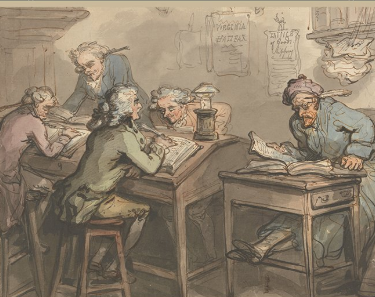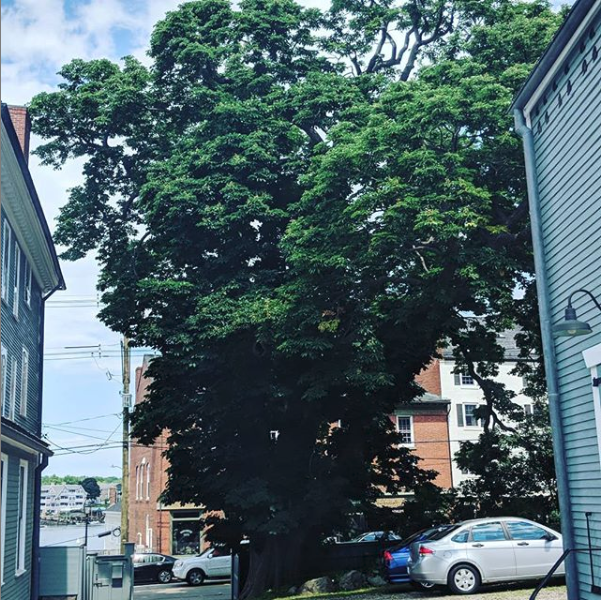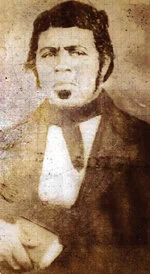Dinah Whipple Educates Portsmouth's Black Community
Dinah Whipple started the first school for Black children in New Hampshire.
Whipple used her literacy to become a leader in her community, and pass on that ability to future generations.
Please note: there is no known image of Dinah, so the picture above is of a Liberty Tree her husband helped plant.
Dinah Whipple
Dinah Whipple was born Dinah Chase in Hampton, New Hampshire.
As a slave, she was fortunate to have been taught how to read by her master, Reverend Chase.
After moving to Portsmouth, Dinah was freed on her 21st birthday.
That same day, she was married.
The Whipple ‘Family’
Dinah’s husband, Prince Whipple, was still a slave but had been given the ‘rights of a freeman’ by his owner, William. (a signer of the Declaration of Independence).
The year was 1781, and with the closing of the Revolutionary War, many leaders had changing views on the place of slavery in society.
Within three years, Prince would also be liberated. Furthermore, he would continue working in William’s mercantile business for the rest of his life.
A Home in Portsmouth
Dinah and her family (which grew to include seven children) continued to live on the Whipple property.
They were given the opportunity to build their own house as well as take advantage of a lifetime lease on a section of the Whipple land.
William passed away in 1796, but Dinah still had fifty more years of life ahead of her.
She became an active member of Portsmouth’s small Black community.
Schoolmaster
Shortly after her husband’s death, Dinah took advantage of her literacy (rare for a former slave) and started a school for Black children in her city.
This institution was sponsored by the Ladies Charitable African Society, which likely made the school free to attend.
Unfortunately, most details about the school and its students are fuzzy. For instance, we do not know what age levels attended nor is it possible to determine if it was a ‘girls’ school or if the students were co-ed.
What is certain, however, is that Dinah ran the school for thirty years…and it continued operating for several decades after her death.
Charity
Dinah Whipple was one of the rare black citizens to be a member of the local church’s lending library.
Sadly, Dinah grew short on cash in her old age.
She was given some charity by the church but ended up receiving a stipend from William Whipple’s widow which sustained her through the end of 86-year life.
Would you like to read about another WOMAN WHO ROSE FROM SLAVERY to do great things?
Great! Here you go:
Phillis Wheatley - From Slave Girl to Master Poet
Portsmouth was one of the safest places for black people to live during the American Creation.
Much of the most detailed information on Dinah Whipple came from ‘Black Portsmouth’ which does a great job of discussing race relations in Portsmouth over the last 300 years.
If you’d like a copy you can get one through the Amazon affiliate link below (you’ll support this site, but don’t worry, Amazon pays me while your price stays the same).
Want to get fun American Revolution articles straight to your inbox every morning?
Subscribe to my email list here.
You can also support this site on Patreon by clicking here.
Thanks for your support!






